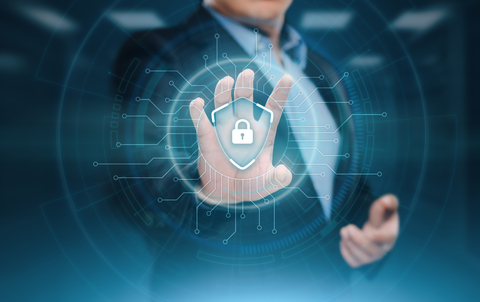
Protect Your Privacy in VoIP
- On January 3, 2021
Background
Today many tools and products exists in the market that process your audio. These tools have different purposes like distributing your audio, translating speech to text, biometrics analysis, emotion detection, echo cancellation and cancelling ambient noise. All these tools have some common behavior: they all need your audio as input and they provide results in real-time, usually within a fraction of a second. Have you ever asked yourself which private information is collected and stored by these tools?

Your Voice
Some of these tools may collect your voice in order to use it in the future to improve their AI based algorithm. One of the requirements when developing an AI algorithm is to have a big audio sample for training. Therefore, your audio might be stored and used in the future to train the AI algorithm in order to improve its accuracy. For example to improve the accuracy of the automatic transcription. Needless to say that any leakage or theft from this storage could potentially lead to unsupervised usage of the content of the audio or even voice impersonations.
Your Identity
You are not anonymous…. When you connect to these tools you are usually requested to use some kind of identification mechanism. It can be your mobile number, your email address or a unique user name. In any case this information can be used to uniquely identify yourself so any other information that is stored on you could potentially be correlated directly to you.
Your Behavior Patterns
There is a huge range of information that can be gathered on you and can be used to build behavior patterns. This information may include:
- Any statistics that could be extracted from the audio like: you emotion, your voice biometrics, the noise around you, similar information about your peer.
- Your contacts.
- Date, time and duration of usage.
- Your physical location.
- List of applications that you are using (e.g. Skype, Zoom, ).
- Devices that you are using.
- Your environment – are you using the application at home, on the road etc.
This information might be used for billing, monitoring or advertisement purpose. In case of a violation it could be used for non-legitimate purposes.
Summary
When you pick a vendor to process your audio, make sure it is collecting the minimum data required and the collected data is stored for the minimum time possible. And if some private data needs to be stored, you need to make sure the stored data is safely guarded according to all novel privacy regulations like GDPR.


